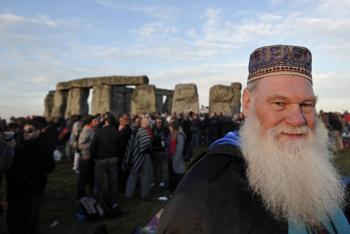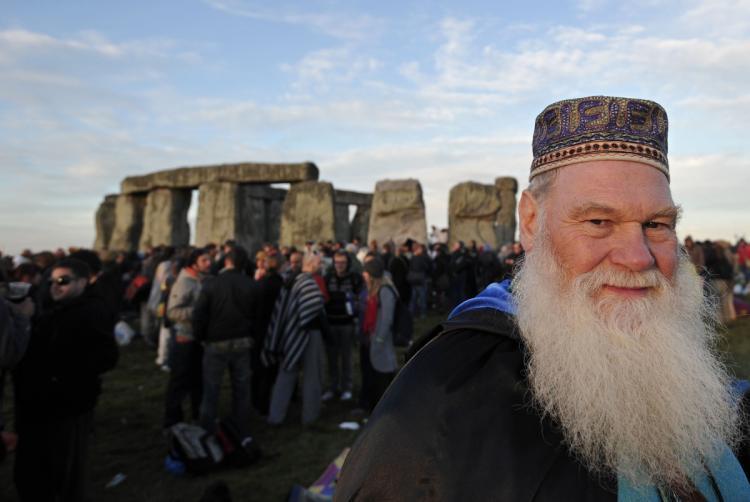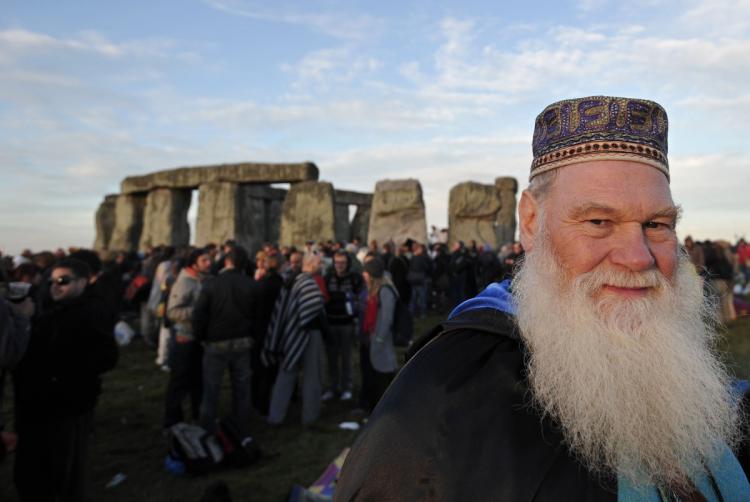At 7:28 a.m. Eastern Time, the Summer Solstice began, marking the first day of summer and the longest day of the year for those in the Northern Hemisphere, reported National Geographic.
The Earth, tilted on its 23.5-degree axis, is tipped closest to the Sun during the Summer Solstice, while the opposite holds true for those residing in the Southern Hemisphere, for which today is the Winter Solstice. Today would be the shortest day of the year for them.
The Solstice does not always occur on the same day. The variation exists because our calendar has 365 days in a year, whereas an astronomical year has 365.25 days. The discrepancy is accounted for through our implementation of the leap year system, which adds an extra day to the calendar every four years.
There were Solstice celebrations at the Stonehenge monument in the United Kingdom. Although the exact purpose of the ancient stone monument remains a mystery, it has been observed that the stones are oriented so that the sun can be seen rising over them on the first day of the summer.
Some 20,000 people showed up at Stonehenge this morning to celebrate the coming of summer, reported English Heritage, the group that maintains the historic site. This was the eleventh year Stonehenge was open to the public for Summer Solstice celebrations.
“Visitors from far and wide as well as closer to home watched and cheered from inside the stone circle, as the sun rose over the ancient monument and the Wiltshire plains,” noted the website.
U.K. newspaper, The Guardian, reported that at the celebrations, people voiced their displeasure at news of funding cuts for a new visitor center at Stonehenge.
Ten million British pounds were allocated for the construction of a visitor center in 2009, under former prime minister Gordon Brown’s administration, according to the English Heritage.
However, on June 17, the Treasury, under the newly appointed PM David Cameron and his administration, decided to withdraw the money.







